How to stop a dog peeing in the house, by A-list trainer Ben Randall
It's one of the nightmare scenarios for a dog owner: a pooch who suddenly forgets that they're toilet trained. Ben Randall explains what to do.
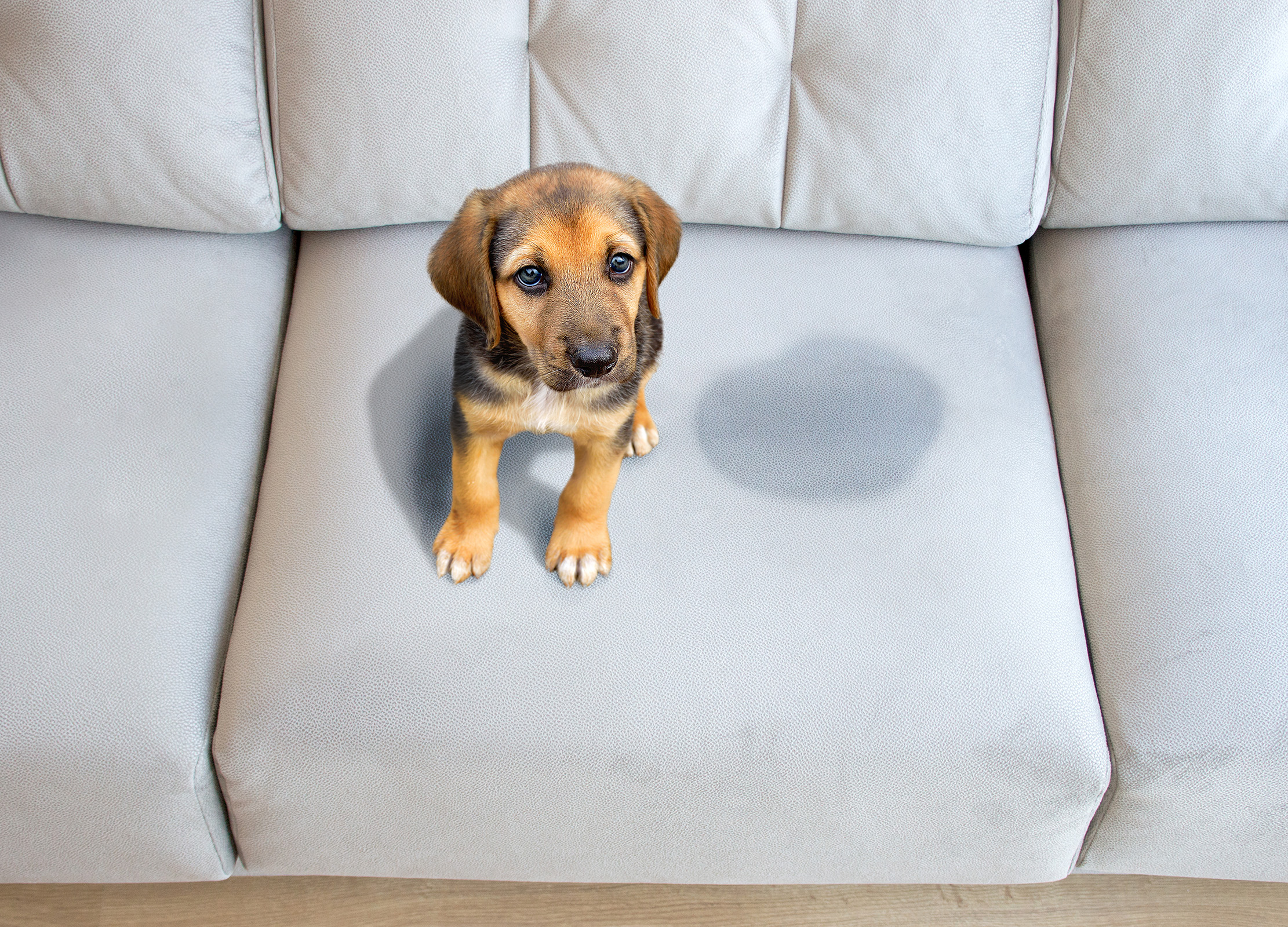

Sometimes, just when you think you've cracked dog ownership, a problem comes along which stops you in your tracks. That's what's happened to this week's reader:
Dear Ben, Our one-year-old dog has been a good boy since we got him and his training has generally been pretty smooth, but we've run into a problem: he keeps peeing in the house. We can't understand why as nothing has changed in our routines, or his, but he seems to have regressed in his toilet training. Can you help? — R.F., via email
Oh dear — this isn't a good problem to have, particularly since dog urine is not exactly what you'd choose to polish your floors with! I'm glad to see that you've taken the chance to write to me at pawsforthought@futurenet.com to get some help, because you really don't want this situation to continue.
Before we start, just to note that if your dog were older, or had health problems, a trip to the vet for a check-up would be the first step.
That said, with a young, healthy dog like yours, the strong likelihood is that he has simply started going backwards with his house training.
In my my experience — which includes decades of training dogs and developing my Beggarbush (BG) methods — this almost always happens when the owner has rushed the toilet training process. If done too early, toilet mistakes can creep back in — and it can be a long process for certain dogs.
Over the years I’ve had some dogs take to it in a matter of days, but others have taken up to 12 months before they really nail it. Here's what to do to get back on track on stop your dog peeing in the house.
1. Understand the need for patience in toilet training
If you follow the steps for toilet training a puppy in my wider article on crate training, you'll usually see results quickly. So it's understandable that after a few dry nights in a row you can think you've cracked it, and started letting your dog sleep with his crate door left open, or taken the crate away completely. Perhaps you've started leaving the dog unsupervised more often.
Sign up for the Country Life Newsletter
Exquisite houses, the beauty of Nature, and how to get the most from your life, straight to your inbox.
Quite often, with a dog who is almost there getting housetrained, this relaxation will start off perfectly well. But your dog is in some ways still a big puppy, and hearing strange or unusual noises at night or when you're out can prompt them to come out, walk around and investigate, and end in them having a pee — or worse — on your carpets or upholstery.
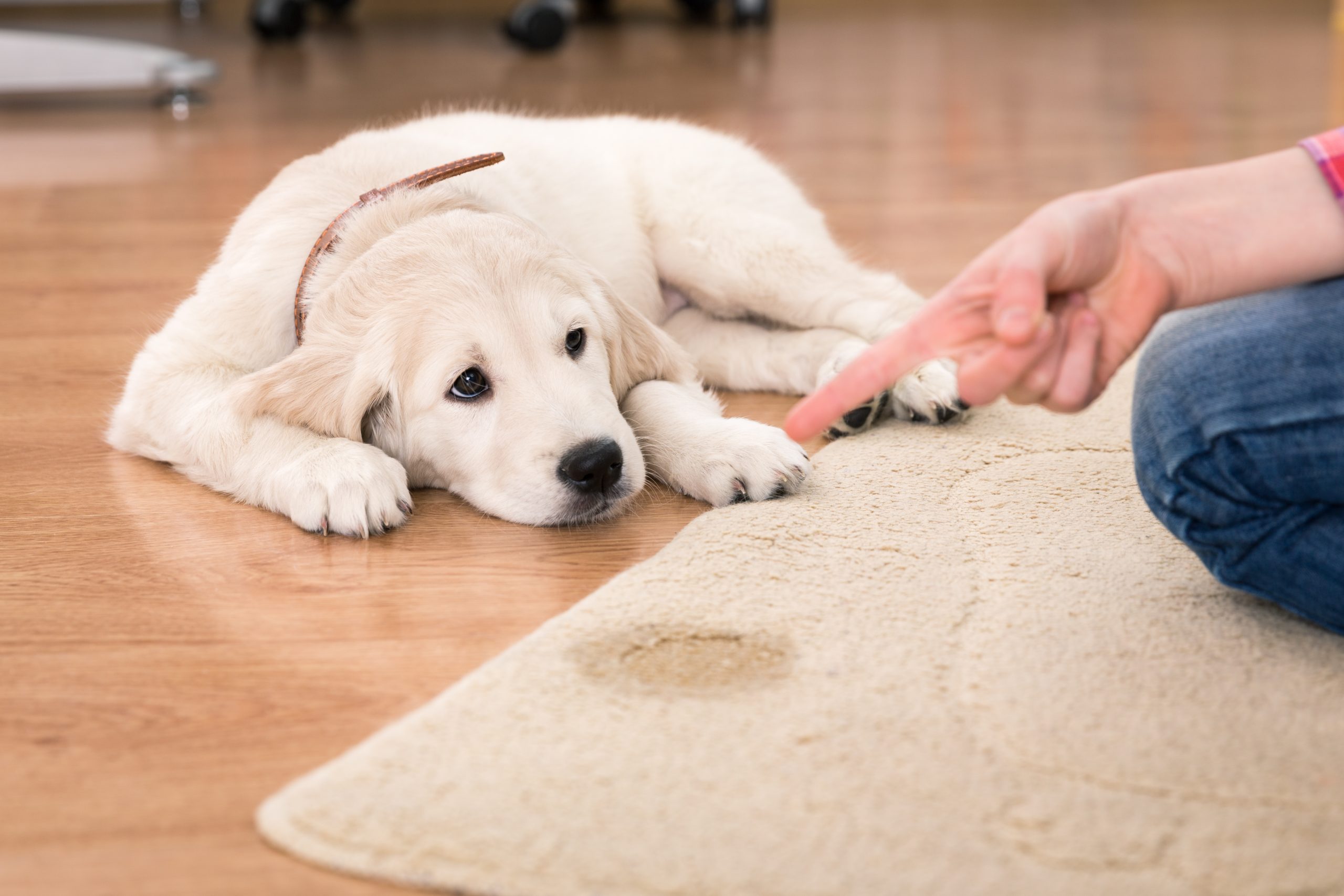
2. Don't just toilet train your dog to get through a few hours — toilet train them to do a full night
As I toilet train my dogs, I slowly extend the period that they can go between relieving themselves. What do I mean by that in practice? Simple: getting a dog who can go from around 10pm to 7am without needing a pee, hours which will match the habits of most people. (As a dog owner and kennel owner, I wish this was the case for me…!)
To get started, I go to bed at 10 or 11, set an alarm for about 2.30am or 3am, then go downstairs, take the puppy out of his crate and carry it to the garden, where I give the toilet command and encourage him to do his business. Once he’s had a pee, I carry him back to his crate and get up again at 5.30am to 6am to repeat the process.
Once this is going to plan and we've had no accidents for a period of time, extend the time by another 1/2hr to 1hr.
Once my young dog is lasting for longer periods with the crate door closed you can move on to potentially start leaving the crate door open at night. Eventually the crate goes altogether and a bed goes in the same location.
I maintain this for a few weeks, gradually lengthening the time in the crate until it’s no longer necessary to do the 2.30am to 3am pee-stop and, eventually, the puppy is able to sleep from 10.30pm to 5-6am, and even later.
The ultimate goal here is the situation I have with the dogs who share my house with me and my family: when I walk past at the crack of dawn, they’re having to be tucked back in for some more sleep rather than taken out to wee. I might have to get up at 5am, but they don’t have to!
3. Make daytime toilet training fun and rewarding
If you're happy that night-time toilet traing is covered, the other issue is that some dogs, if left unsupervised in the day, can get bored of sniffing and walking the house, and decide to go to the toilet randomly.
Again, it’s usually a problem when you’ve under-trained and over-trusted the dog, without having continued the process long enough. You can work on his by making toilet training a key element of your dog's day.
As with the crate training, I gradually extend the period of time between taking the dog to the toilet in the day. I start off by walking the puppy to the toilet area in the garden every hour or two, and when he goes he's rewarded with praise and/or a small piece of kibble from my hand.
Once this is going to plan and you've had no accidents for a period of time, keep extending the time between toilet breaks by another half hour or hour. And stick at it: some dogs simply take a lot of hard work and dedication to get this right — but I don't have to tell you that your life will become so much easier once that happens.
For more detailed advice about Ben Randall’s positive, reward-based and proven BG training methods, one-to-one training sessions, residential training or five-star dog-boarding at his BGHQ in Herefordshire, telephone 01531 670960 or visit www.ledburylodgekennels.co.uk.
Ben also has a forthcoming book, ‘How to Train Your Gundog’, out in December. You can pre-order it here at £40.
For a free seven-day trial of the Gundog app, which costs £24.99 a month or £249.99 a year, visit www.gundog.app/trial.
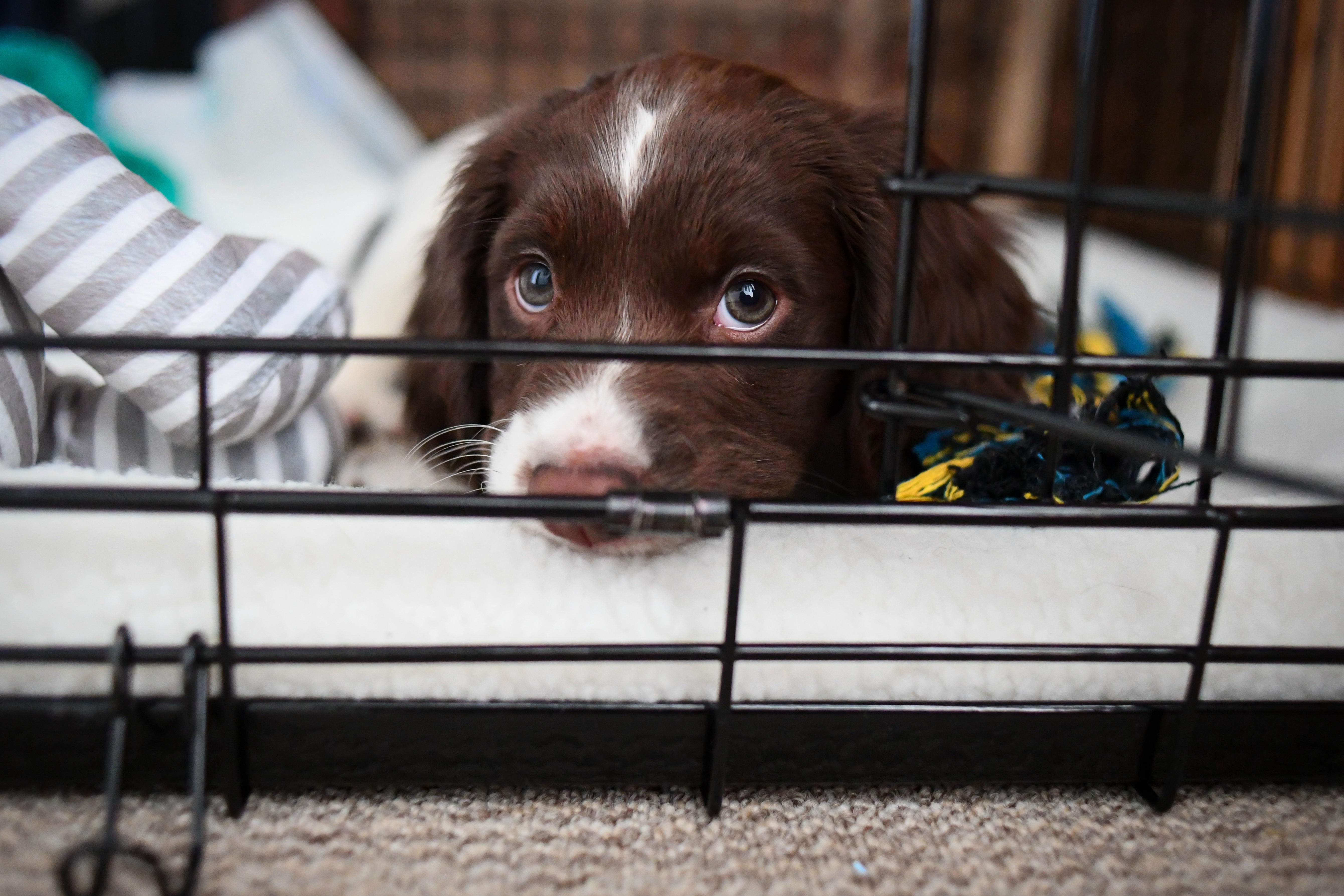
Crate training a puppy: Six tips from expert dog trainer Ben Randall
Puppy crate training can be tricky, yet it can pay dividends in all sorts of ways — even making puppy toilet
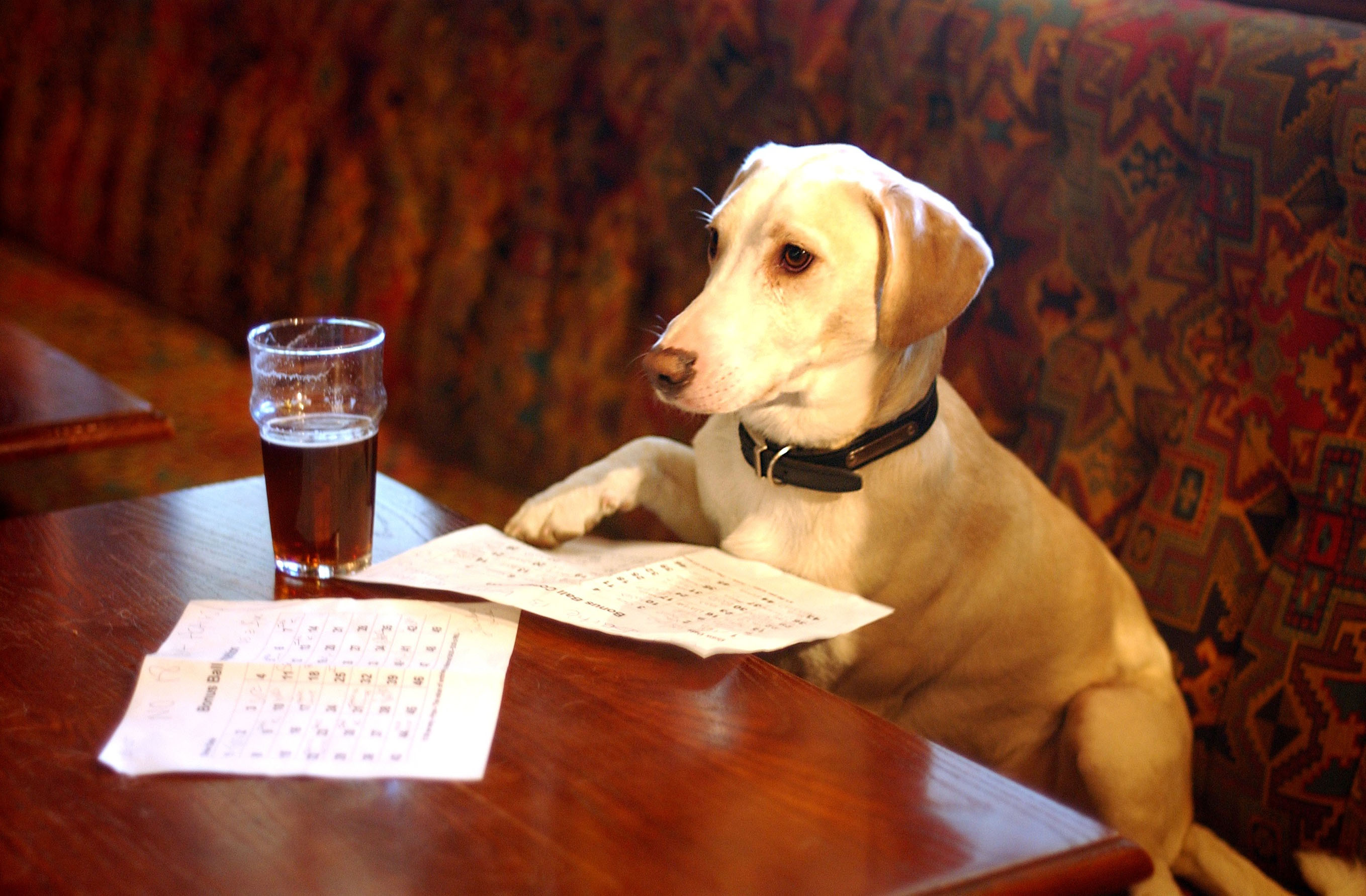
Credit: Alamy
How to take your dog to the pub, by expert trainer Ben Randall
Enjoying a drink in a lovely country pub with your dog snoozing quietly at your feet is one of the
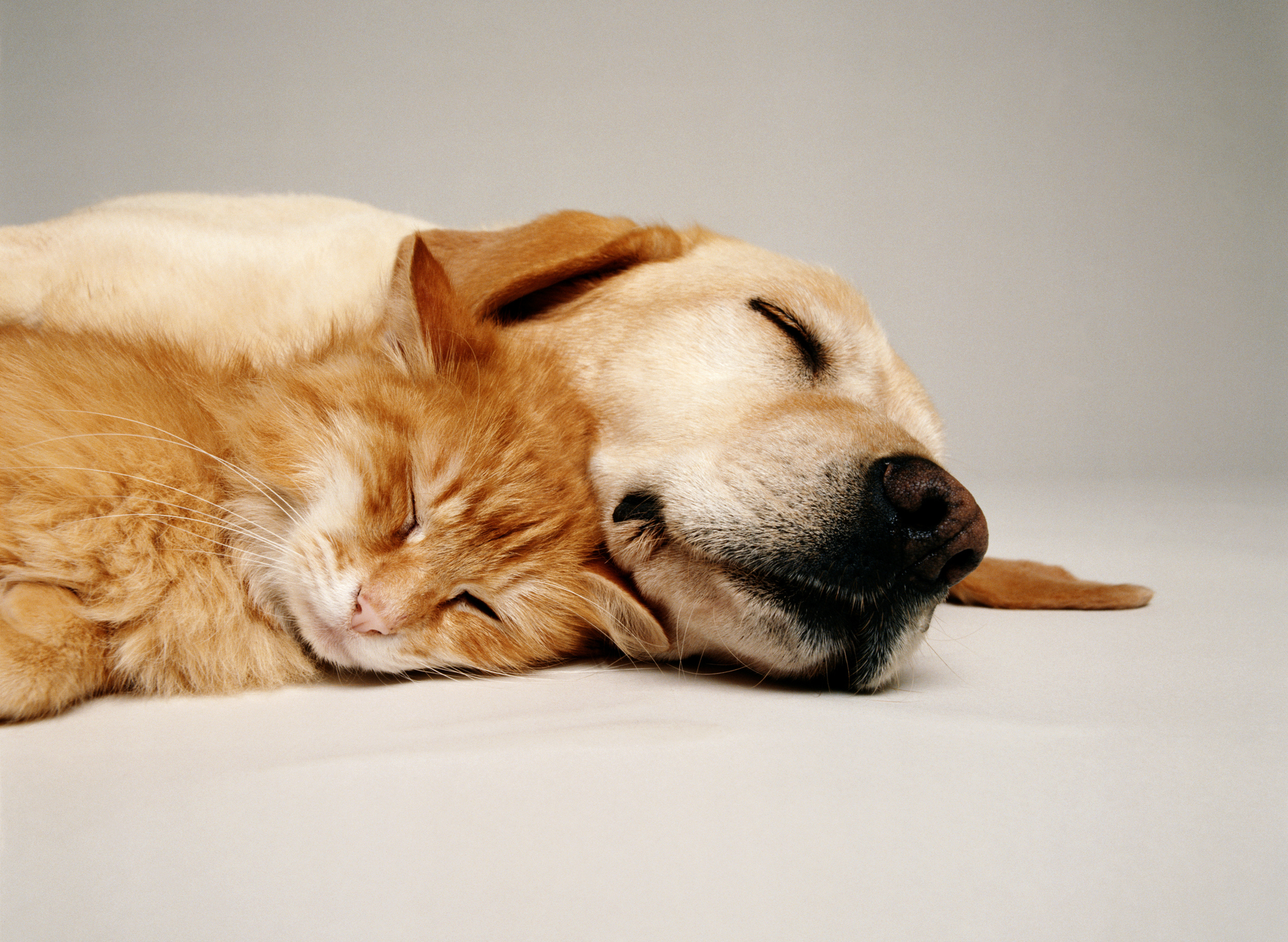
Credit: Getty
How to introduce a puppy to your cat, by expert dog trainer Ben Randall
Introducing a dog to a cat can be nerve-wracking, but get it right and the two of them can get
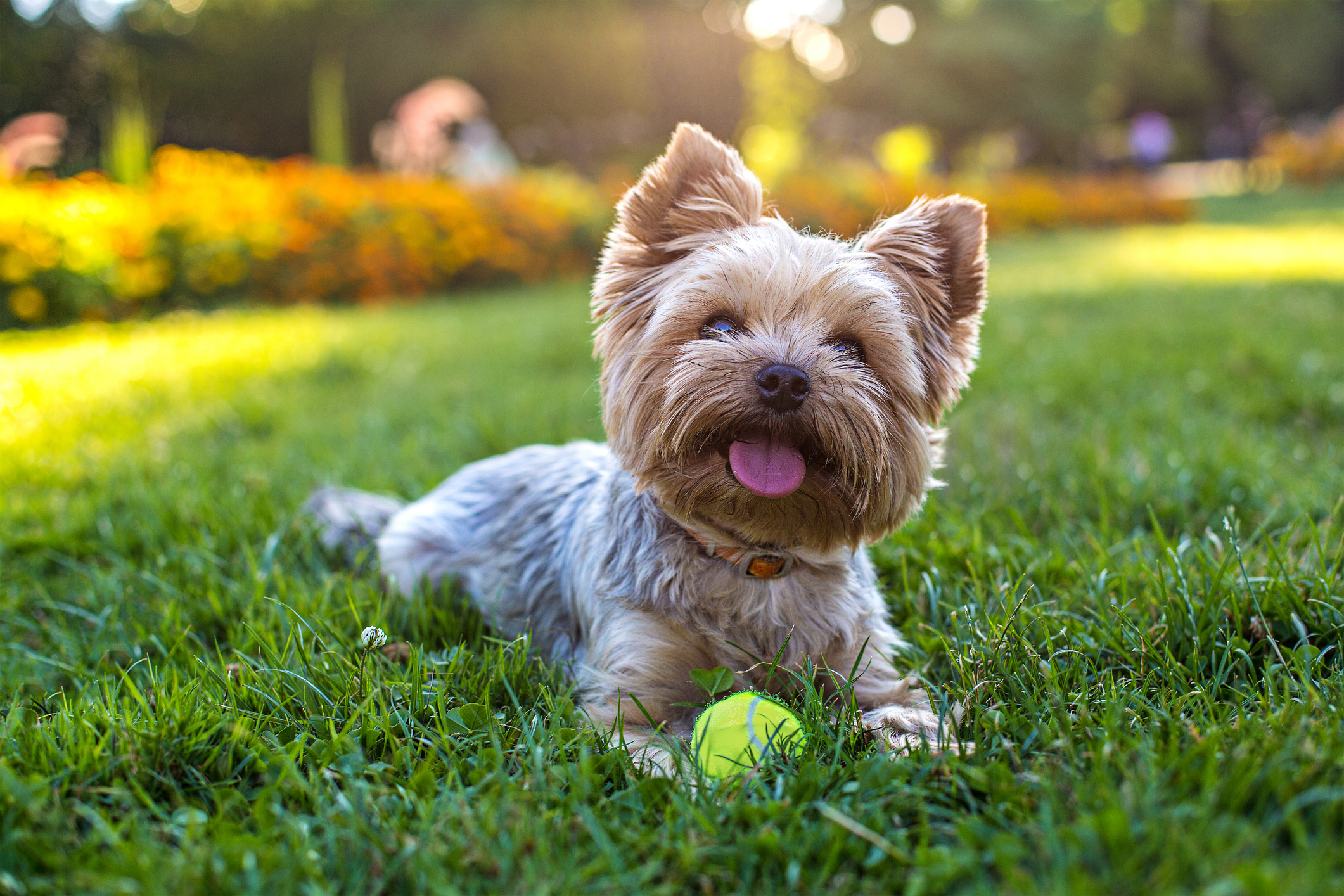
How to train your dogs around your gardening, by expert trainer Ben Randall
It's the time of year when we're all starting to get out more and more — particularly in the garden. That's
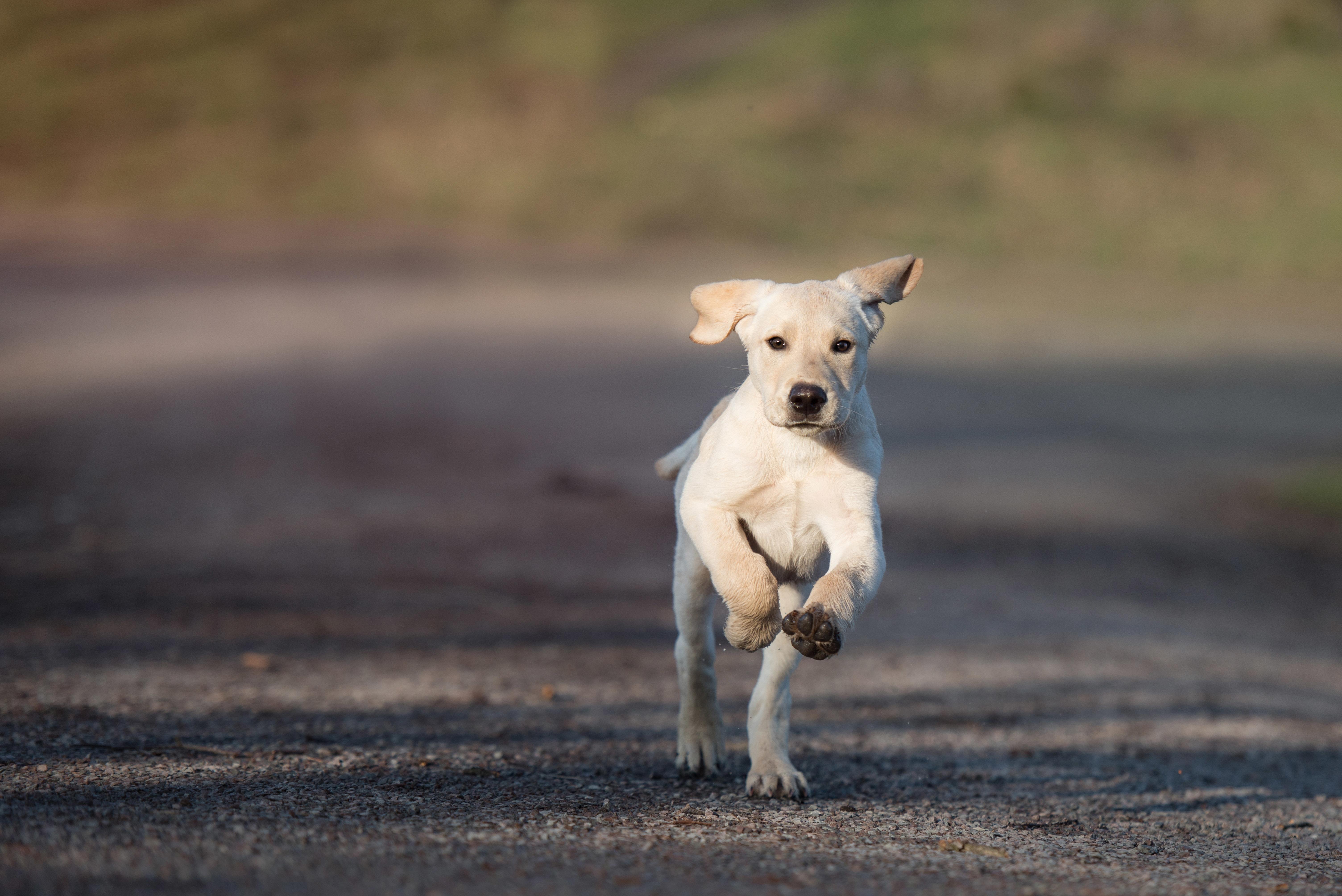
Credit: Alamy Stock Photo
How to stop a dog chasing cars: Six tips from top dog-trainer Ben Randall
Watching your dog run after traffic can be heart-stoppingly scary — but it's also a difficult habit to break. Ben Randall,
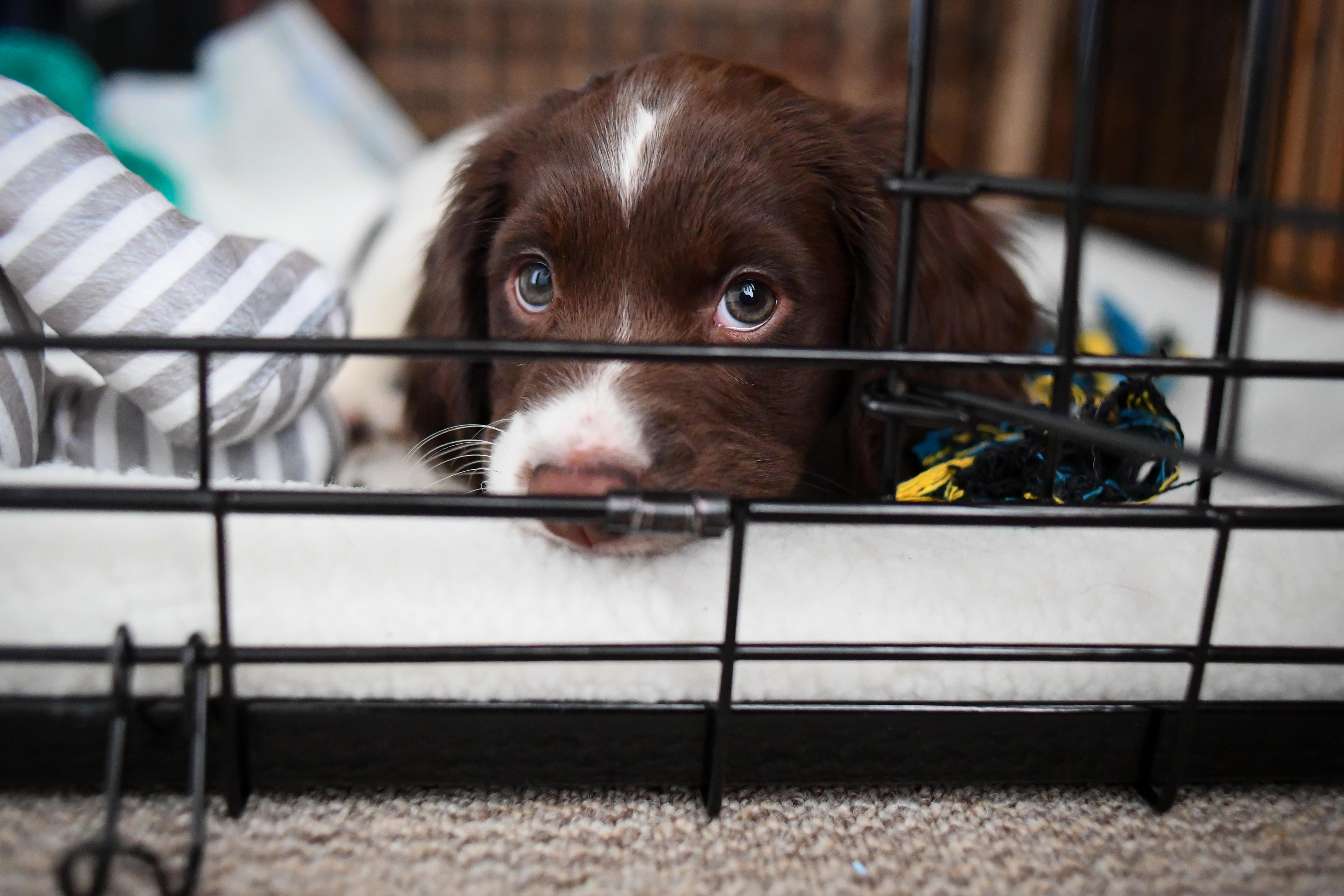
Credit: Alamy
How to stop your puppy crying at night, by dog training expert Ben Randall
The heartbreaking whimper of a puppy calling for you will tug on the heartstrings like few other things, but you
-
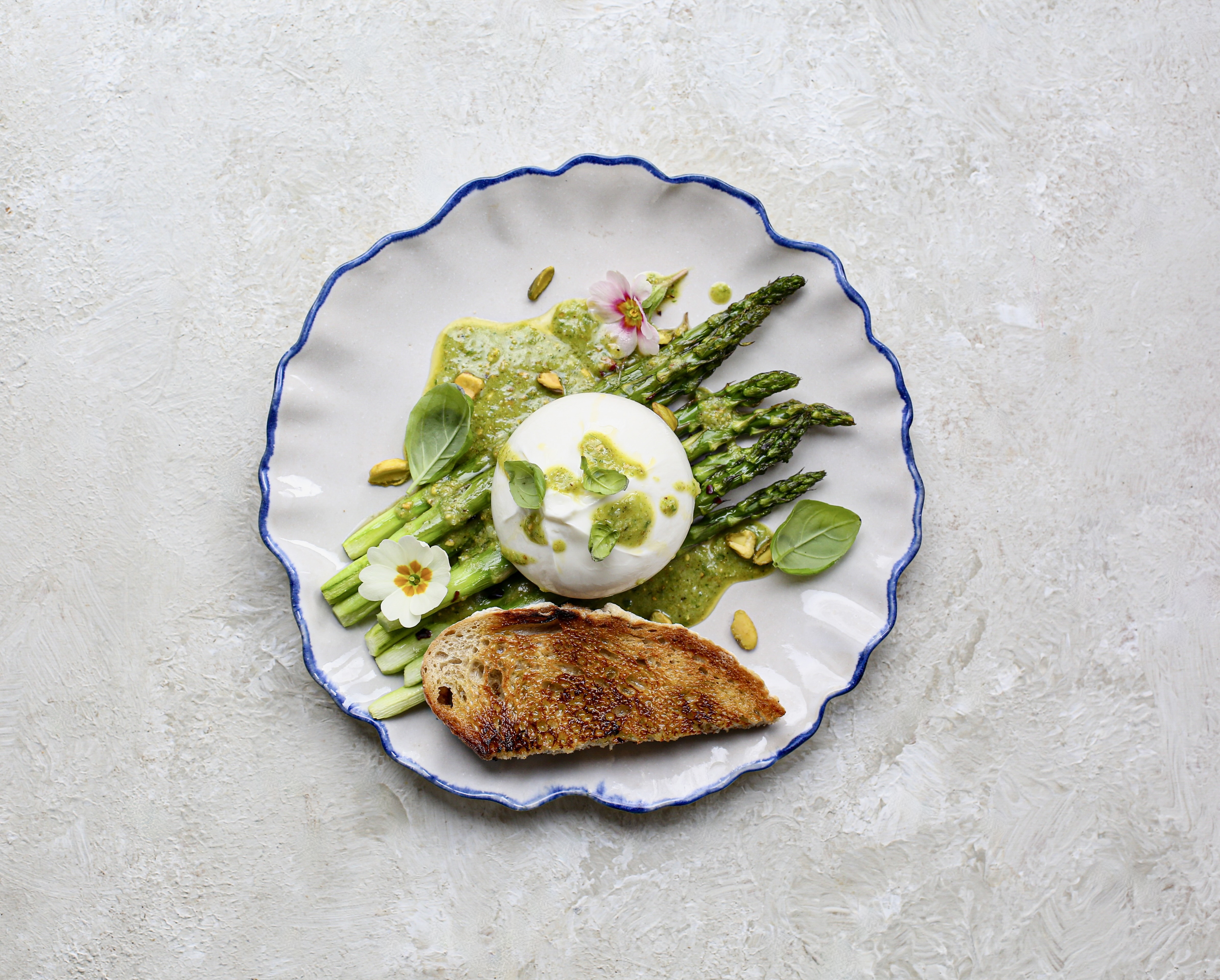 Two quick and easy seasonal asparagus recipes to try this Easter Weekend
Two quick and easy seasonal asparagus recipes to try this Easter WeekendAsparagus has royal roots — it was once a favourite of Madame de Pompadour.
By Melanie Johnson
-
 Sip tea and laugh at your neighbours in this seaside Norfolk home with a watchtower
Sip tea and laugh at your neighbours in this seaside Norfolk home with a watchtowerOn Cliff Hill in Gorleston, one home is taller than all the others. It could be yours.
By James Fisher
-
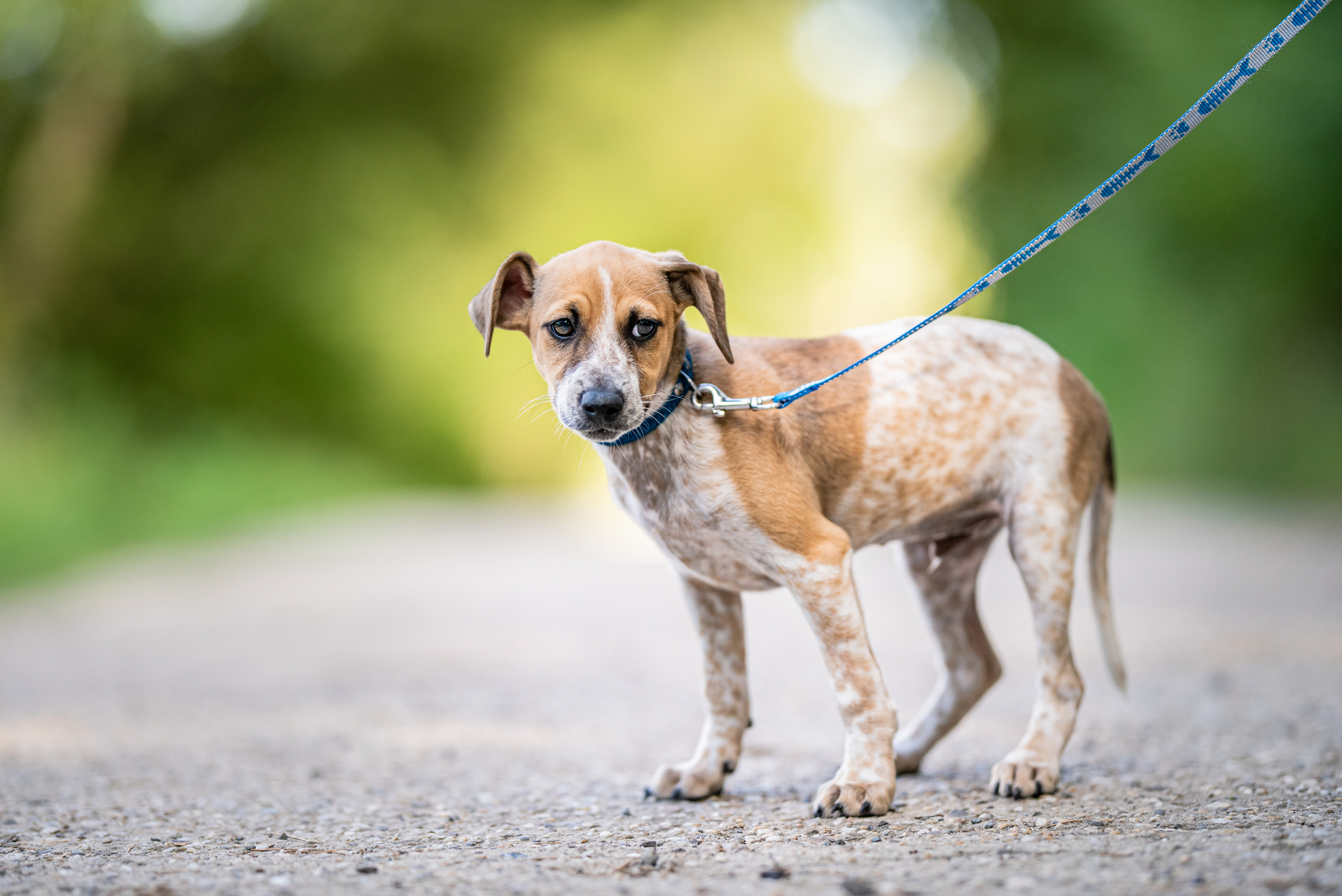 What to do when your dog gets attacked by another dog out on a walk
What to do when your dog gets attacked by another dog out on a walkBen Randall deals with a reader's difficult situation as an ordinary walk took a turn for the worse.
By Ben Randall
-
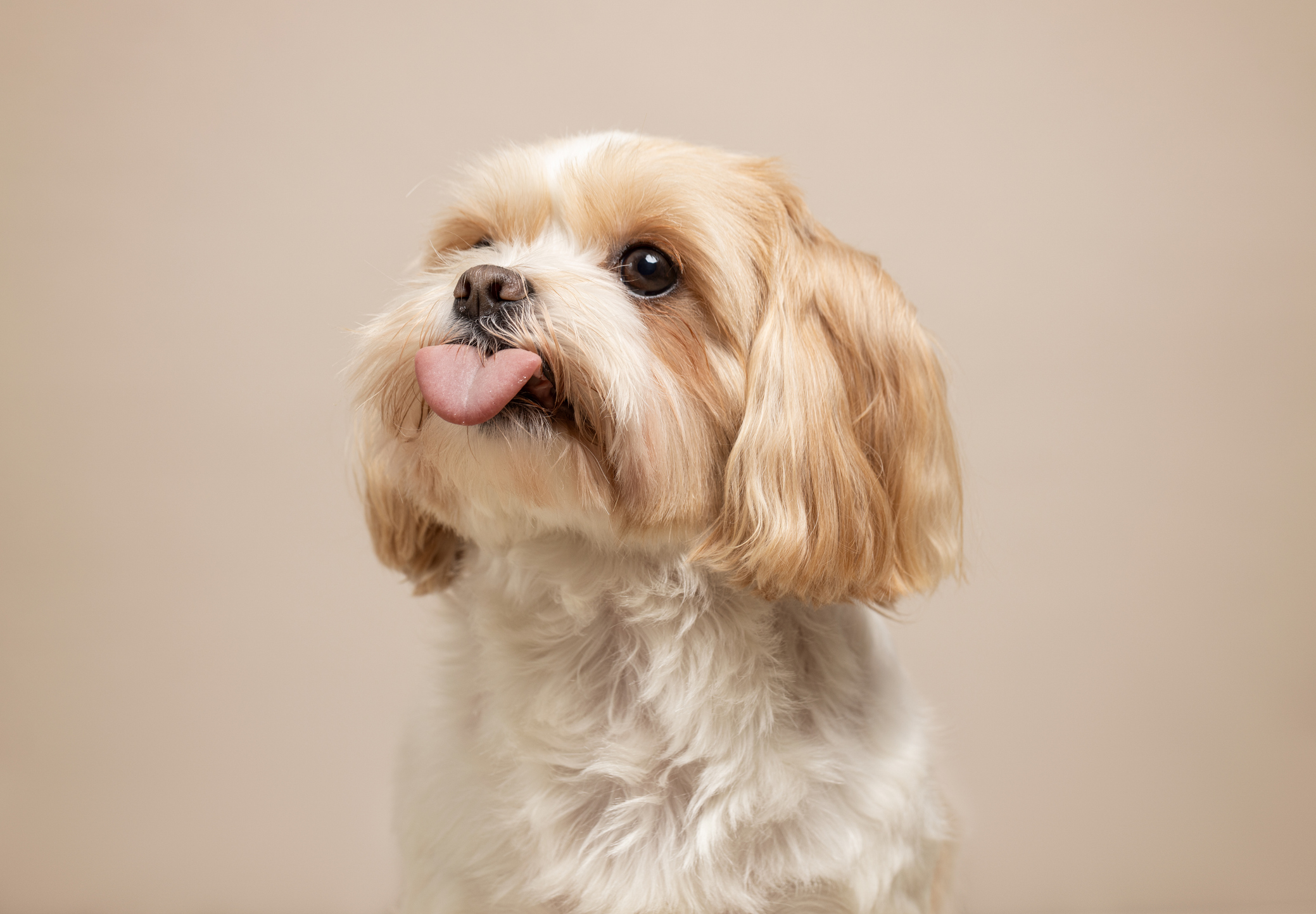 How to deal with an older dog starting to show some bad behaviour after many happy years
How to deal with an older dog starting to show some bad behaviour after many happy yearsA-list dog trainer Ben Randall helps a reader whose ageing dog has started changing its behaviour — and not for the better.
By Ben Randall
-
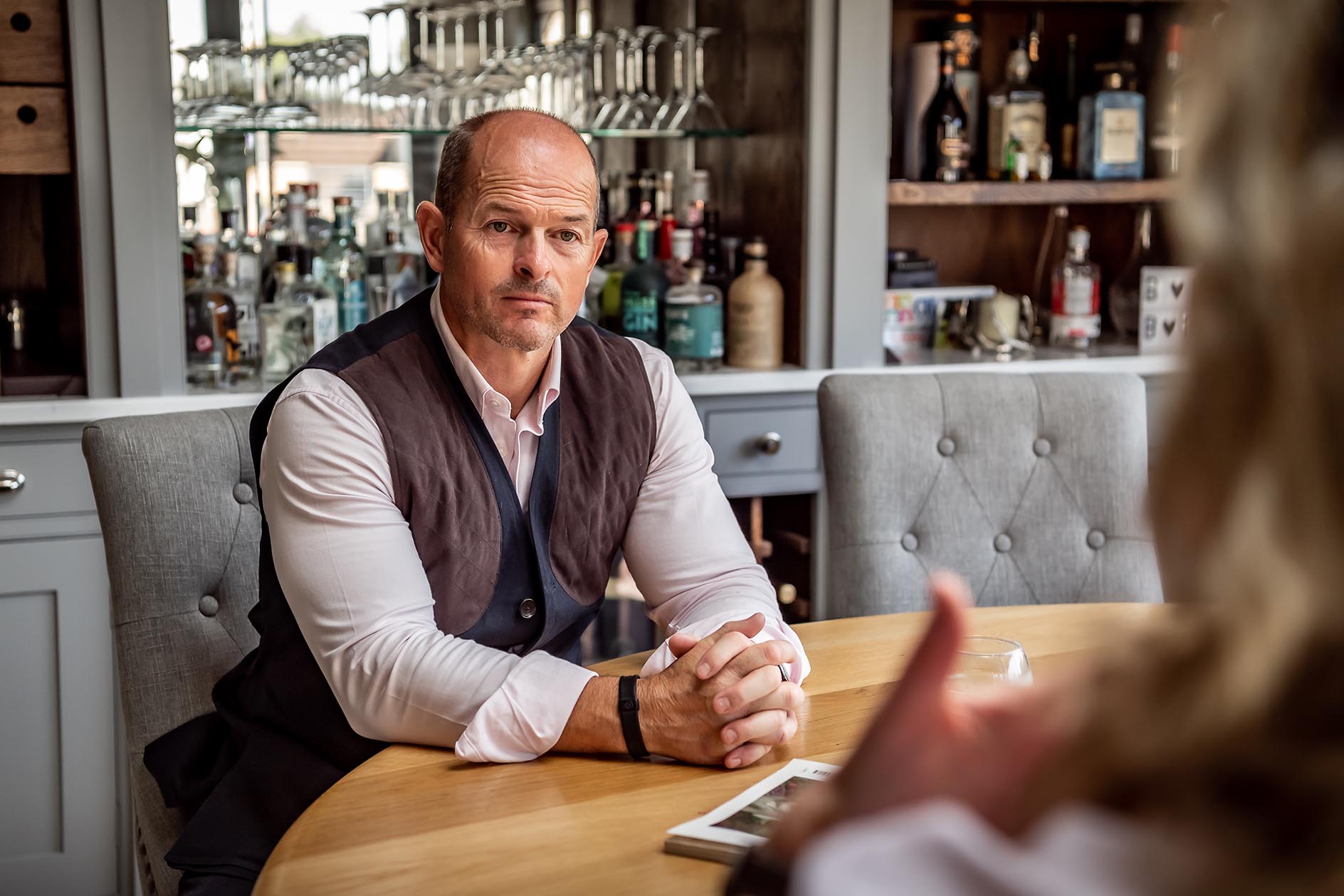 Ben Randall: Ask Country Life's canine agony uncle a question about your dog
Ben Randall: Ask Country Life's canine agony uncle a question about your dogOver the past two years our award-winning dog trainer Ben Randall has been sharing his advice with Country Life readers.
By Country Life
-
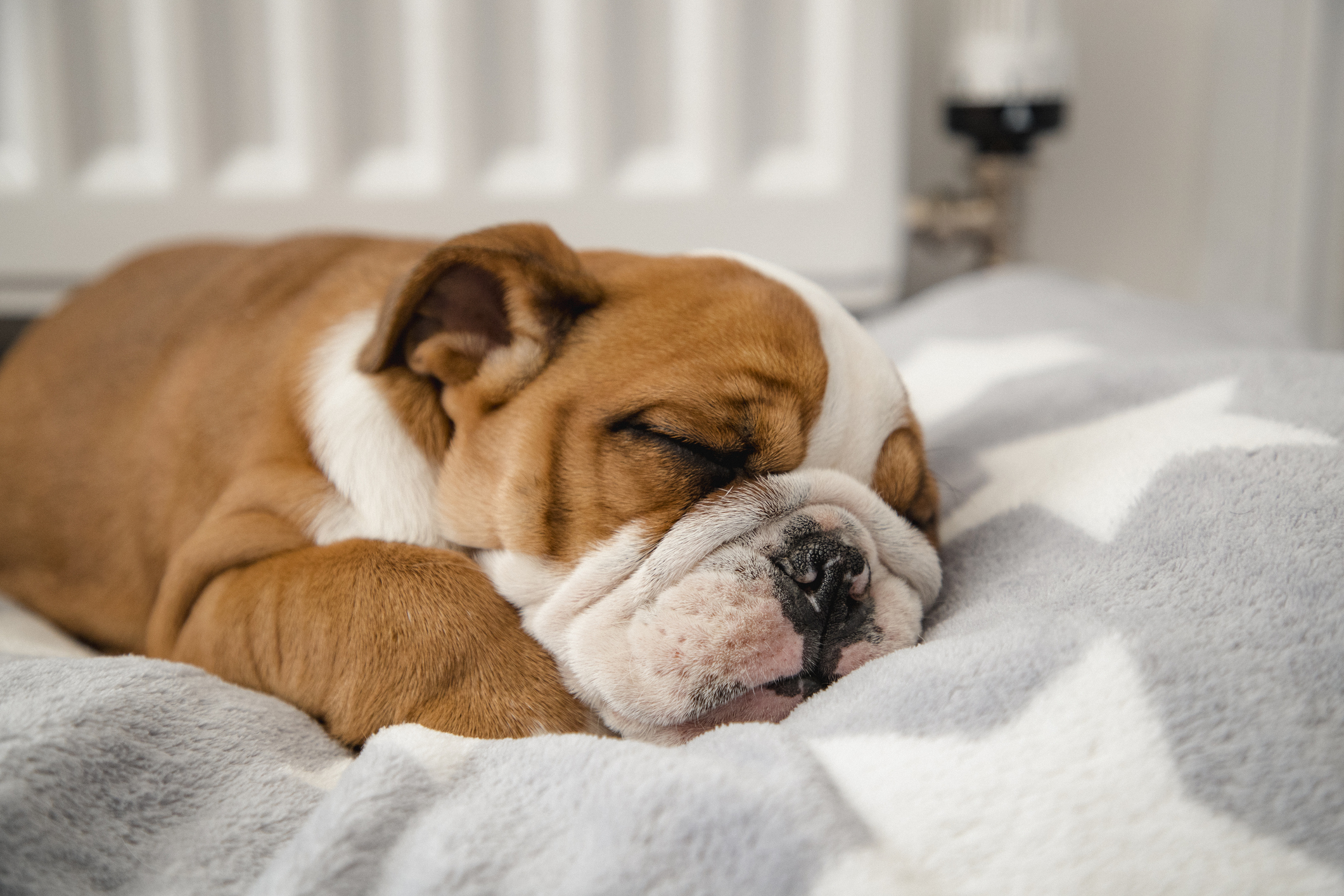 How to look after a dog who's gone deaf, by A-list trainer Ben Randall
How to look after a dog who's gone deaf, by A-list trainer Ben RandallBen Randall handles a query from a reader whose dog has lost her hearing.
By Ben Randall
-
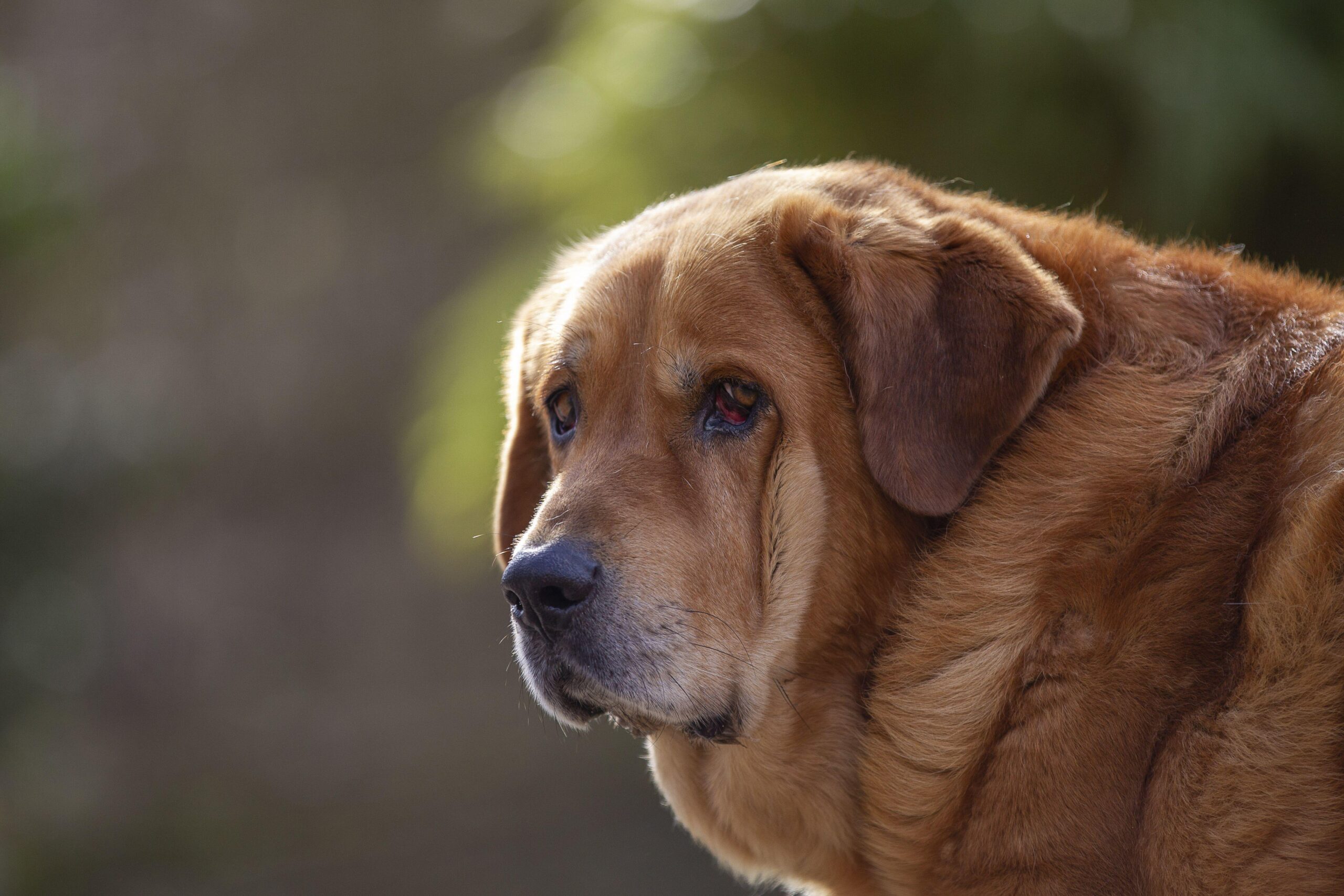 How to deal with a dog that's stronger than you are — especially when it runs off when it gets excited
How to deal with a dog that's stronger than you are — especially when it runs off when it gets excitedBen Randall tackles an issue for an owner of a dog that's almost as big as she is.
By Ben Randall
-
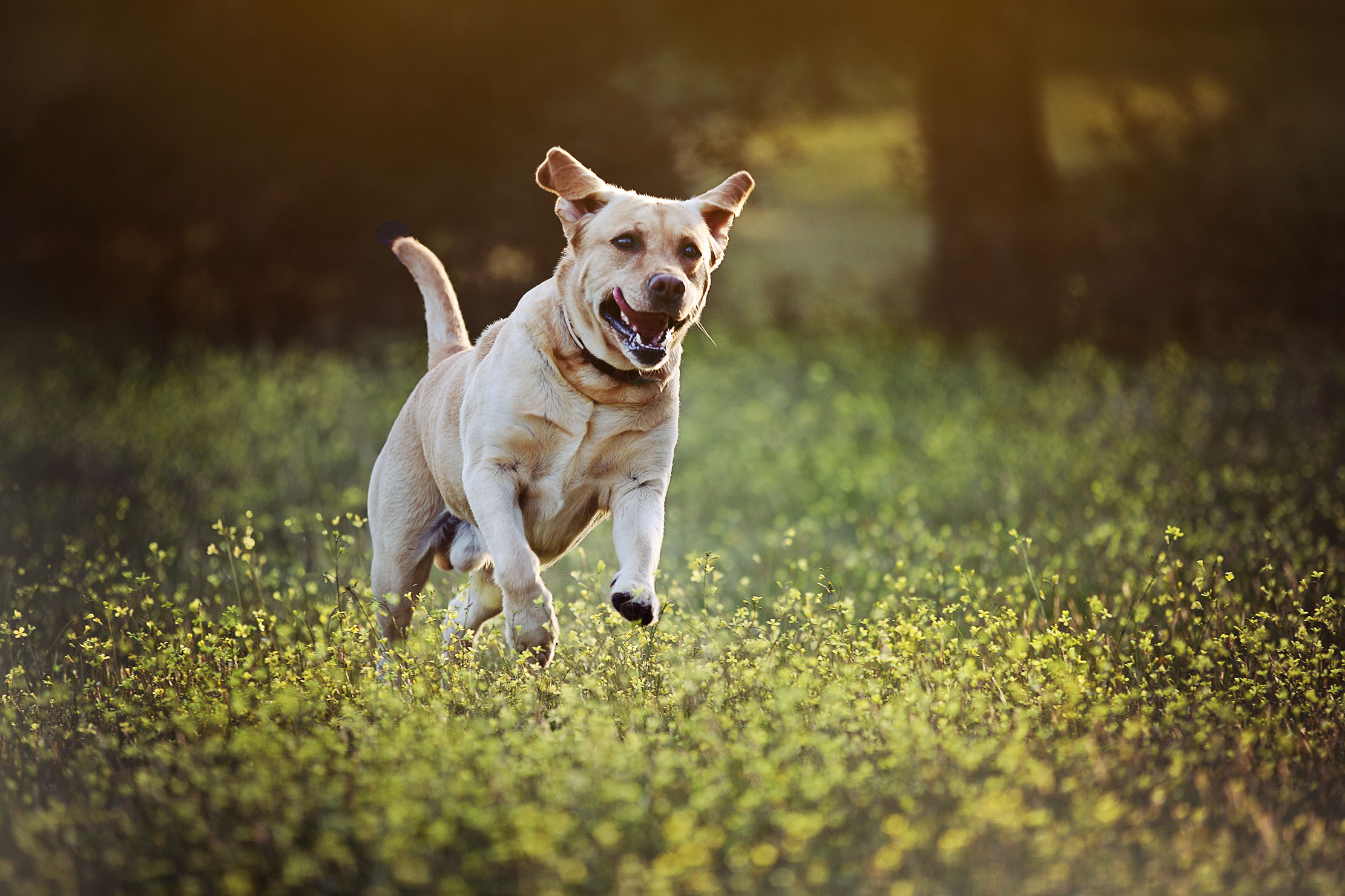 'My dog goes crazy when he sees someone with a ball launcher. How do I make him stop?': Expert trainer Ben Randall explains what to do
'My dog goes crazy when he sees someone with a ball launcher. How do I make him stop?': Expert trainer Ben Randall explains what to doTaking on a dog with ingrained bad habits can be a headache. Ben Randall explains how to retrain them to keep calm.
By Ben Randall
-
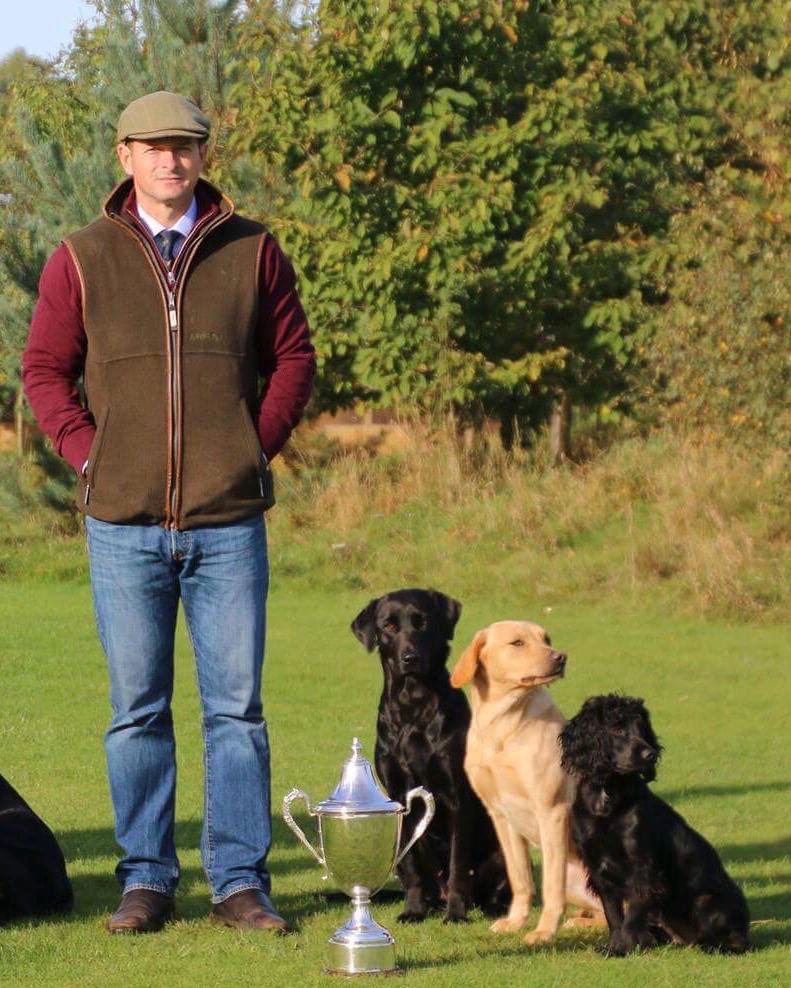 Ben Randall: Q&A with the award-winning dog trainer
Ben Randall: Q&A with the award-winning dog trainerWe speak to Country Life's canine agony uncle Ben Randall.
By Ben Randall
-
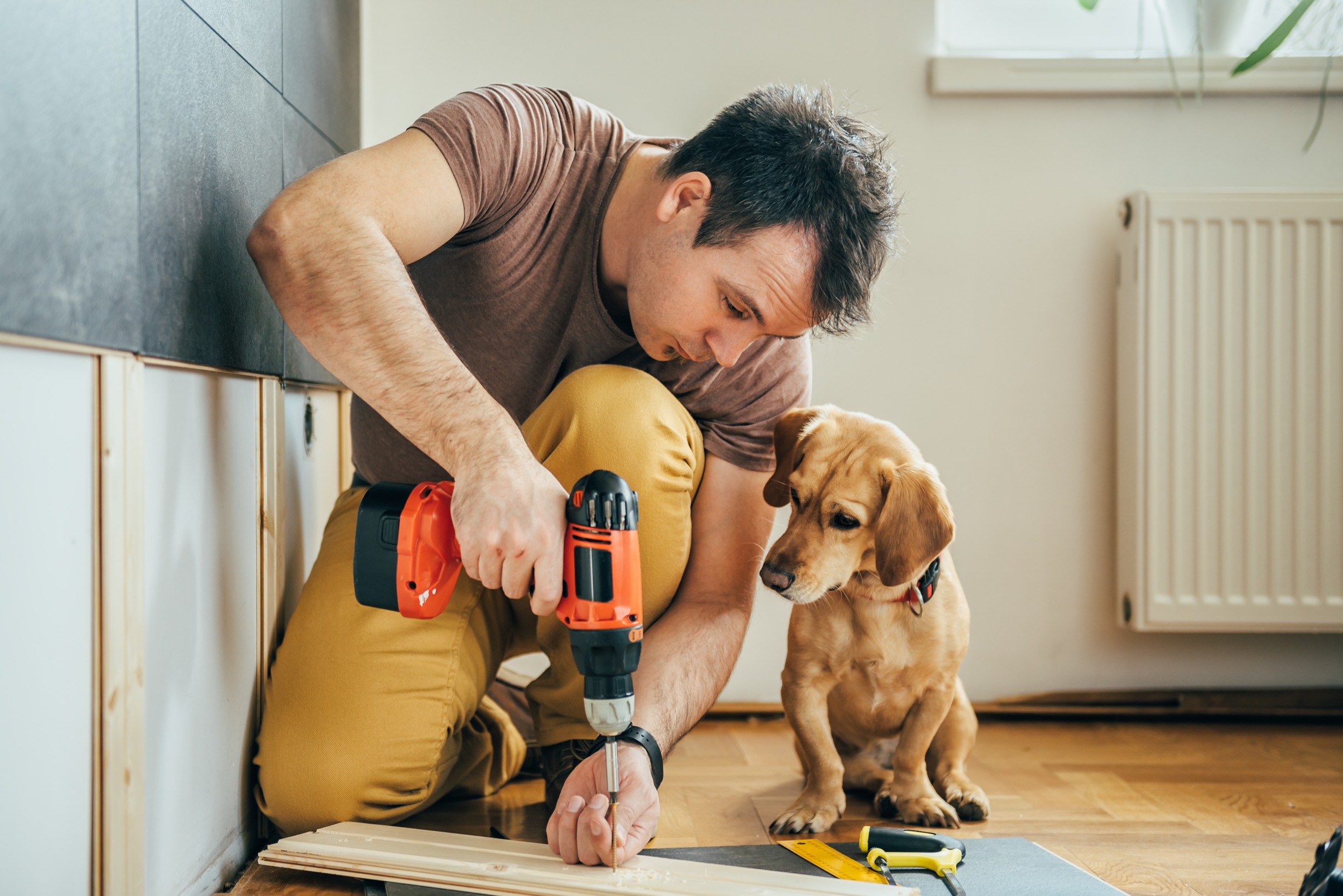 How to stop your dog from being protective and barking at builders
How to stop your dog from being protective and barking at buildersBarking can be annoying and unsettling for visitors. Ben Randall looks at how to get a little peace and quiet.
By Ben Randall